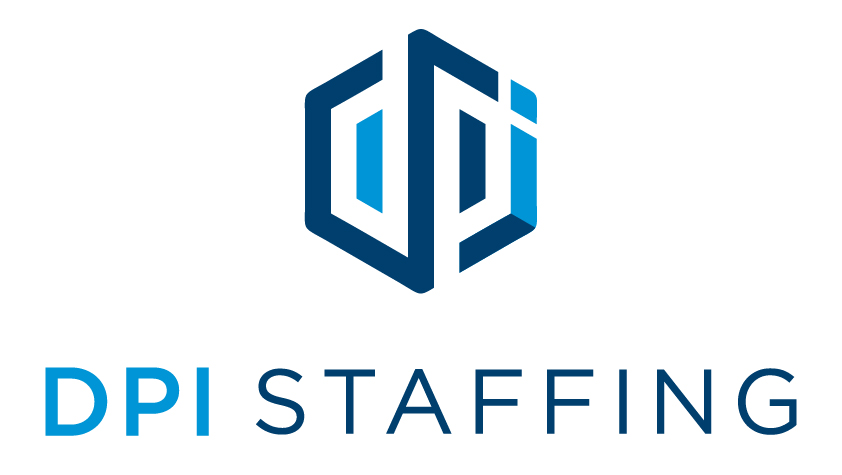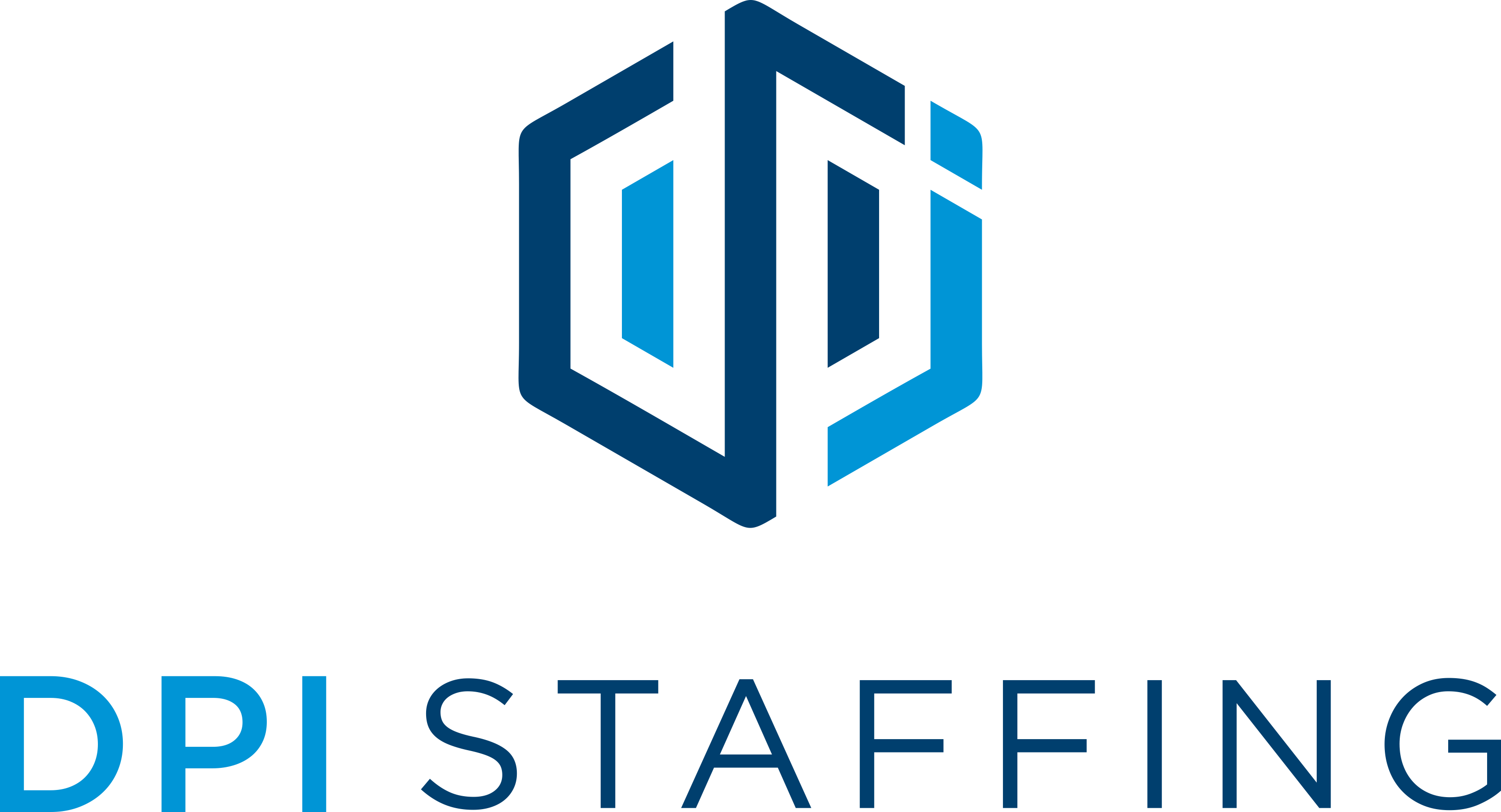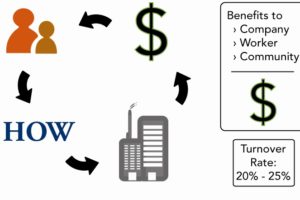This post on the true cost of employee turnover is written by David McGiverin, Sustainability & Productivity Manager at Northwest Food Processors Association (NWFPA). The article originally appeared on the NWFPA blog, specifically as a part of NWFPA’s Rural Initiative.
During the economic downturn, a common but dangerous business myth emerged: it’s an employer’s marketplace. With so many downsized employees desperate to work, any job is a good job — why not enhance your company’s bottom line by demanding more, and offering less?
That’s a short-sighted policy that, in the long run, has the potential to do significant damage. One of the most dramatic ways to illustrate the importance of an effective, employee-centered human resources policy is looking at the true costs of employee turnover. Some are obvious – it’s expensive to hire and train new workers. Other costs are less apparent, but have significant potential to negatively impact your bottom line. The following list illustrates the true cost of employee turnover:
Recruiting/hiring costs: if you use a headhunting firm, expect to pay 20-30 percent of the new hire’s base salary as an agency fee. These fees mount quickly if multiple jobs have to be filled in the course of a fiscal year. There are also substantial costs associated with keeping the search in-house: advertising, plus staff time for reviewing resumes, interviewing, checking references and backgrounds, other due diligence.
Overtime: when a worker or supervisor leaves, until they can be fully replaced, another employee will have to take over their duties. Usually this means that the employer will have to pay overtime to a veteran employee, double their normal wage. This is related to
Lost productivity: when they add another employee’s duties to their own, employees have less time to devote to their core responsibilities. Productivity, operational flow and morale can all suffer as a result.
The cost of training can be astronomical, both monetarily and in terms of lost productivity while the new hire is brought up to speed. The smooth flow of productivity is interrupted during the training process; meanwhile, the employer must pay the wages of both the trainer and the trainee.
The cost of mistakes: during the process of learning a new job, mistakes are inevitable, ranging from pushing the wrong button to improper formulation of an entire batch of product. The employer has no choice but to absorb the cost of new hire mistakes.
Low morale among remaining employees: short-sighted or punitive HR policies can cause employee morale to decline, as workers watch their fellow employees leave and wonder who will be next. Such concerns can sidetrack workers and make them less focused on work.
Poor reputation: gaining a word-of-mouth reputation as a “revolving door” shop that uses people, then discards them, can detrimentally impact your ability to recruit well-qualified employees.
Exit processing: When an employee leaves, someone has to stop their other work to process their departure: conducting an exit interview, arranging for payroll end benefits to be stopped, dealing with unemployment claims. It all takes time.
New hire processing: conversely, when you hire a new person, it takes time to add them to payroll, enroll them in the benefits program, arrange for drug testing if your company requires it, add them to the schedule, train them and pay their employment taxes. These costs are real, and add up quickly.
Potential Bureau of Labor and Industries lawsuits: a huge potential expense if a departure is disputed or acrimonious.
Add all of these costs together, and it’s plain that the true cost of high turnover is astronomical. Fortunately, there is a solution. By taking the time to design and implement a thoughtful, employee-focused human resources plan, you will avoid many of these potential pitfalls. Create a culture in which your employees feel valued, empowered and secure. And your investment in the human side of your company will pay dividends for years to come.
To learn more, contact David McGiverin at Northwest Food Processors Association at dmcgiverin@nwfpa.org.





